James’ Rwanda Impact Tour Journal
Water for People Impact Tour Rwanda 2019
James Hoyt, P.E.
Day 2
Today kicked off with a workshop at the Water for People Rwanda office in Kigali. Perpetue and her team at the office lead a fascinating and inspiring discussion of Water for People’s work in Rwanda moving towards the Everyone Forever goal .
Water for People’s “Everyone Forever” model was born in Rwanda. This approach is brilliant, because it involves a lot more than projects. It is a system of partnerships promoting cooperation and ownership from local businesses, organizations and government. It is important that solutions be sustainable to allow for success to continue long after Water for People has left a district.
As the team delved into the details and peppered the Rwanda staff with questions, it became clear they had simple, common sense answers for some very complex issues. The people of Rwanda are in great hands.
The team took a break halfway through the presentation to stretch and play some games that are used to teach children hygiene skills. The first game was designed to show the importance of proper hand washing. Six cans are stacked in a pyramid on top of a picture of hands. The cans have images of dirt, germs and diseases. Students take turns throwing soap (green balls) at the cups until the hands are all clean. It was our turn to play. The staff looked for volunteers to kick off the game. I confidently strode to the front of the line, grabbed a soap ball, went into the wind-up, and let it rip.
It was truly impressive just how badly I missed the cans, but I did manage to hit an unsuspecting security guard. I had very generously set the bar low, for my fellow handwashers. There were a lot of laughs, and even more dirty hands. If you’re wondering if I managed to redeem myself on subsequent throws . . . not really.
Following the second half of the workshop and a team lunch, we set off into the field. We traveled to the Kicukiro District, which includes parts of Kigali. The first stop was a water treatment facility. The plant uses the Nyabarongo River as its source and provides water for 60% of Kigali’s 5M population. The average day demand produced at the facility is almost 16 MGD. The plant employs mechanically-cleaned screens, coagulation and flocculation, two-stage sand/anthracite filtration, and chlorination. Finally, the treated water is pumped to a storage tank 1,200 feet above the plant. At the time of our visit, the source water, as seen in the photo, had a turbidity of 865 NTU. The treated water achieved a turbidity of 0.40 NTU. The plant was impressive to see, and as clean as any facility we see back home.
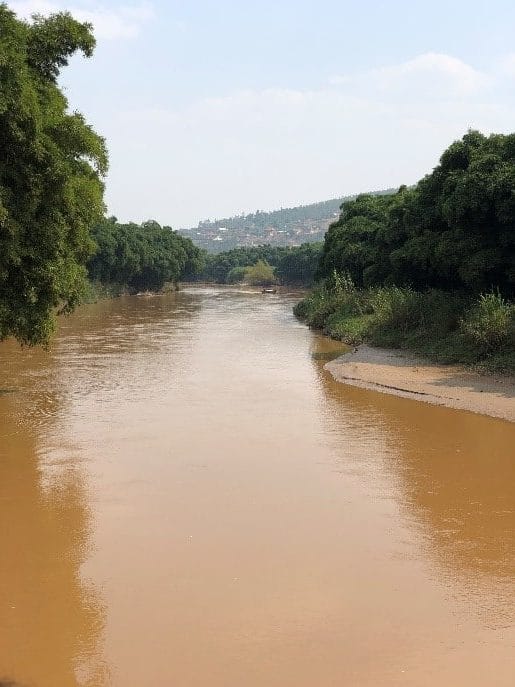
Our last stop for the day was a water point installed in the Kicukiro district. The water point was installed as part of the Water for People effort in this district. Before this water point was installed, water was fetched from a swamp, a four-hour round trip journey. We met the water seller, a local resident who donated the land where the water point was installed. She operates and maintains the water point and collects the water fee of 200 Rwandan Francs for each 20 liter water can. This equates to approximately $0.04 per gallon. Each month the water distribution system operators read the water meter and she pays them for the water, keeping a small profit for her work operating and maintaining the water point.
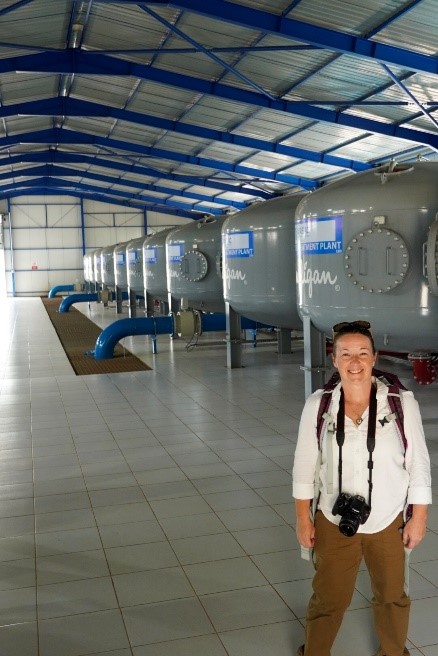
It was very heartwarming to see how proud the community was of their water point and to hear how women and children were using the time saved to seek opportunities for work and education. This interaction was the high point for me on a day with many great moments.
High & Low
High Point: Meeting the water seller and learning firsthand the real difference Water for People is making in people’s lives. It is one thing to read the success stories, but it’s so much more impactful to meet the people impacted and talk to them about their lives and experiences.
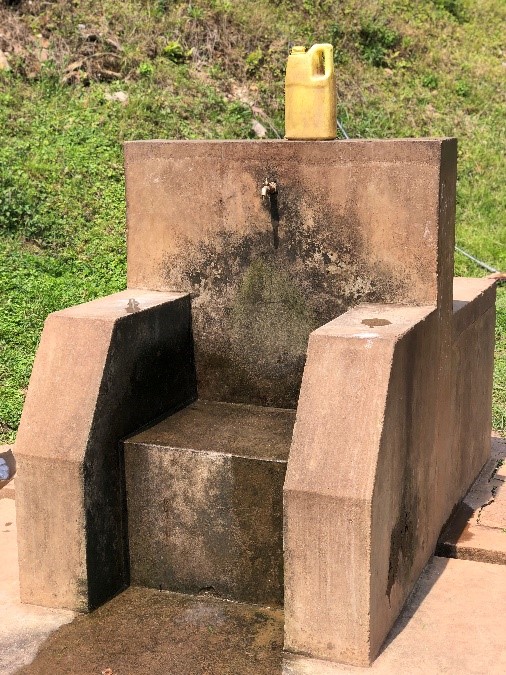
Low Point: Today the low point was being out in the field and seeing how difficult life is for many of the people there. Despite all the great work being done, there is a lot more work to do. In the meantime, there are a lot of people, including children, who live in conditions that frankly, just aren’t good enough yet.

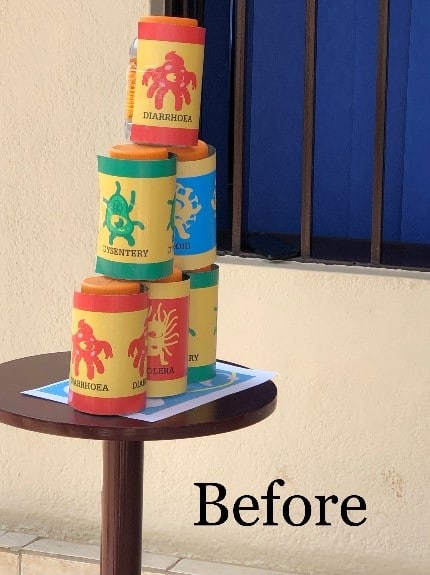
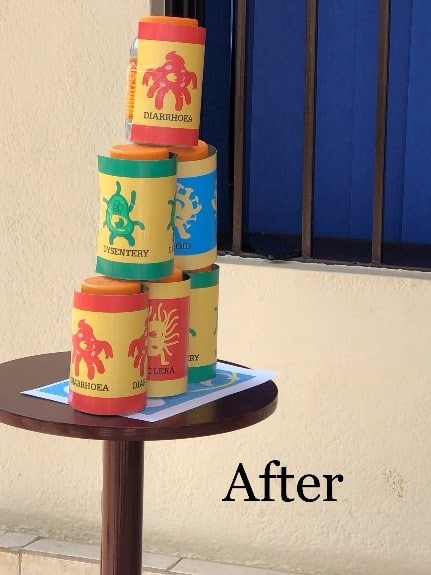
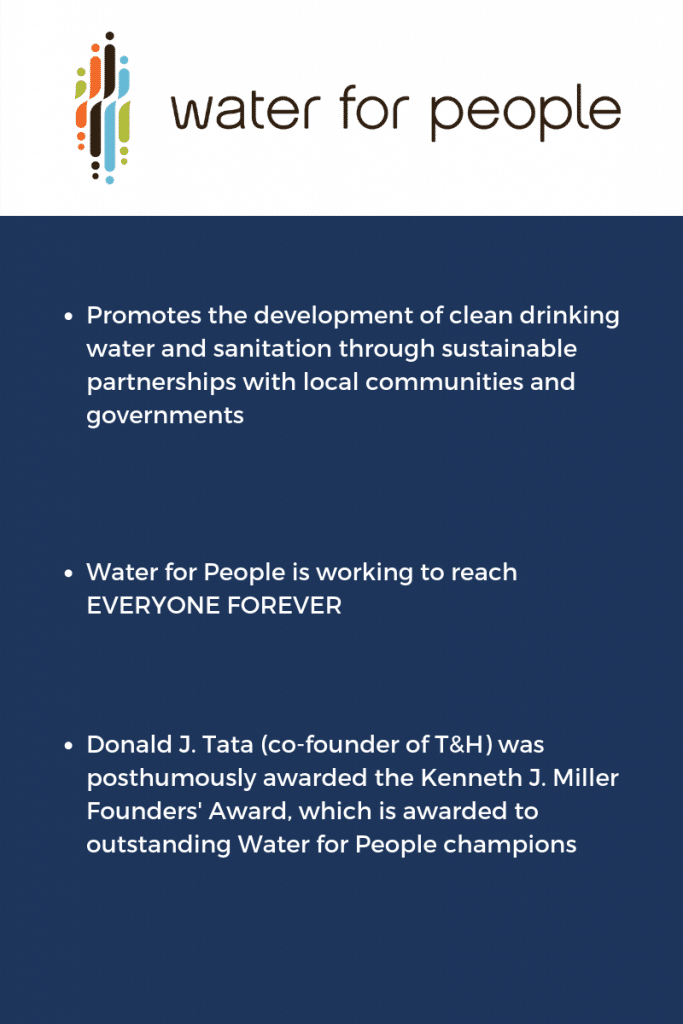
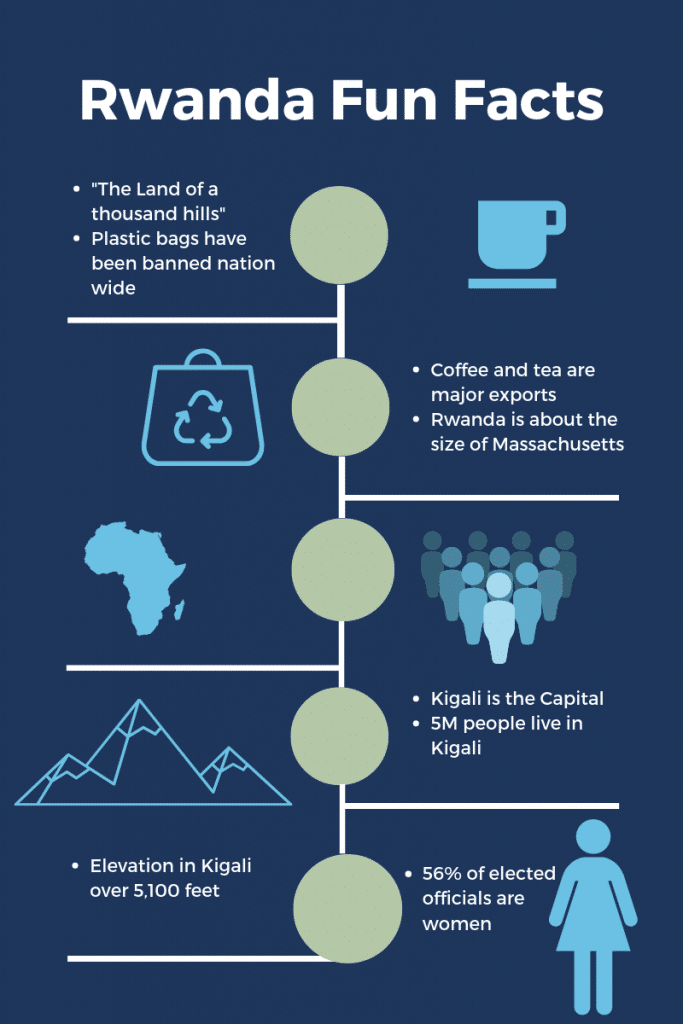
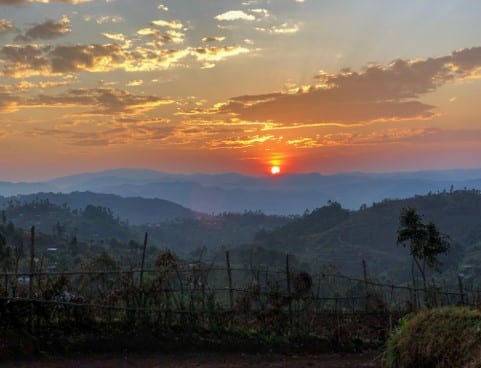
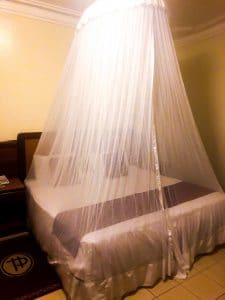 Saturday we teamed up with our new
Saturday we teamed up with our new 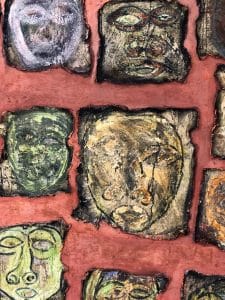 Our adventure wrapped up with a visit to a local market and milk bar. Against the advice of wiser people, three brave (perhaps foolish?) souls found a local milk bar where a traditional unpasteurized, fermented milk drink is served. Prior to the trip, I reluctantly promised friends and loved ones that I would not eat street-meat; however, I never agreed to avoid questionable dairy products. The milk was thick and creamy. The taste reminded me of unsweetened Greek yogurt. It was a fun experience, but moving forward I think I’ll stick to coffee.
Our adventure wrapped up with a visit to a local market and milk bar. Against the advice of wiser people, three brave (perhaps foolish?) souls found a local milk bar where a traditional unpasteurized, fermented milk drink is served. Prior to the trip, I reluctantly promised friends and loved ones that I would not eat street-meat; however, I never agreed to avoid questionable dairy products. The milk was thick and creamy. The taste reminded me of unsweetened Greek yogurt. It was a fun experience, but moving forward I think I’ll stick to coffee.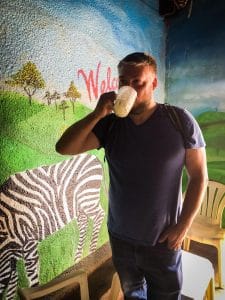
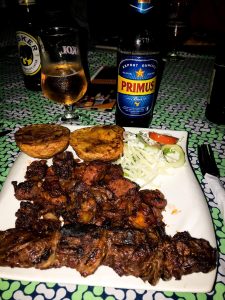 Overall, it was a real pleasure to meet the
Overall, it was a real pleasure to meet the